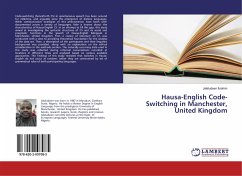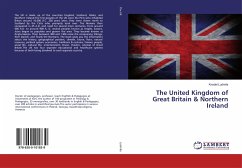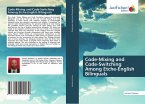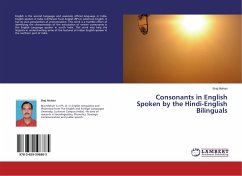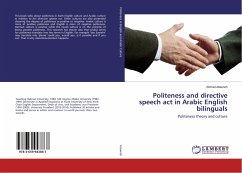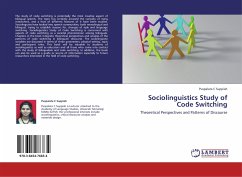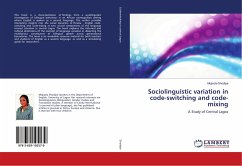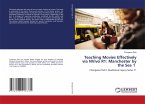Code-switching (henceforth CS) in spontaneous speech has been around for millennia, and arguably since the emergence of distinct languages. While communicative strategies of this phenomenon have been well-documented across a variety of languages, little is known about the characteristics of Hausa-English CS. In an attempt to fill this gap, this study aimed at investigating the syntactic structures of CS and its social and pragmatic functions in the speech of Hausa-English bilinguals in Manchester, United Kingdom. First, a review of literature on CS was conducted with a view to providing theoretical foundation for the analysis of the data set. Then, a description of the participants and their linguistic background was provided, along with an explanation on the ethical consideration in the methods section. The naturally occurring data used in this study was collected during informal conversations recorded at locations in different times and analyzed based on various available approaches. The findings of this study revealed that switches in Hausa-English do not occur at random; rather they are constrained by set of grammatical rules of both participating languages.
Bitte wählen Sie Ihr Anliegen aus.
Rechnungen
Retourenschein anfordern
Bestellstatus
Storno

